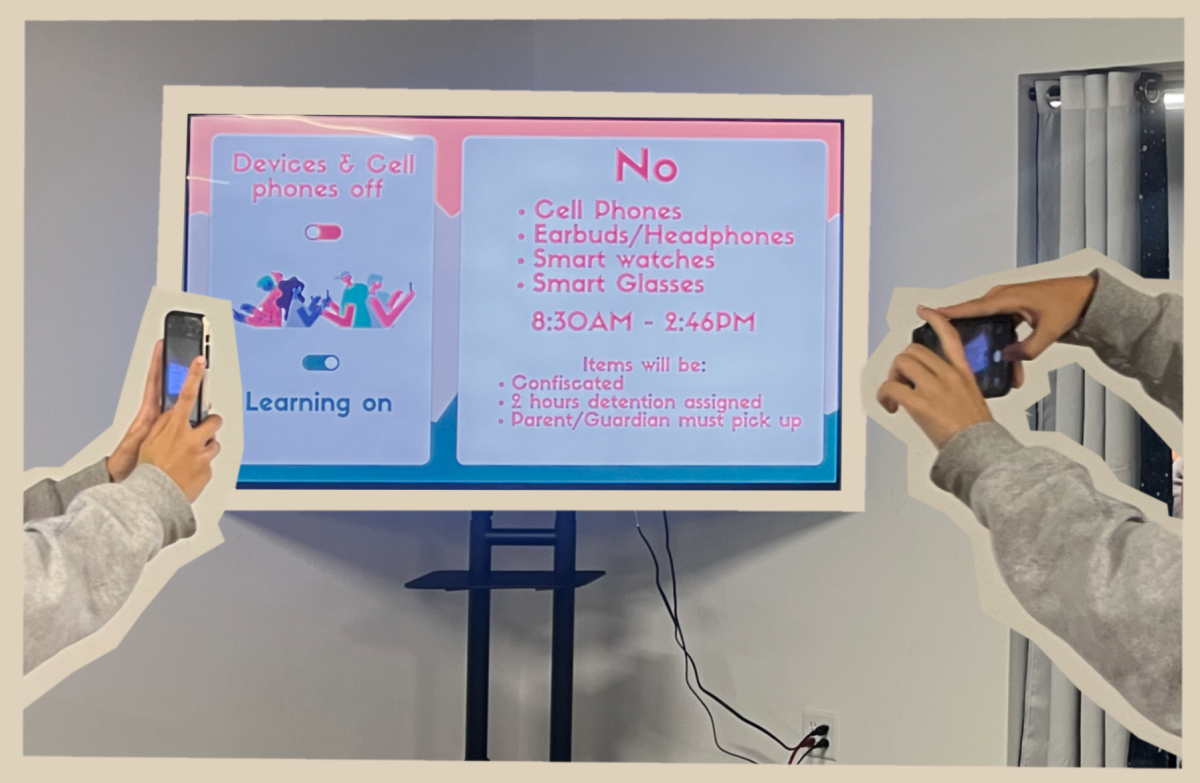Pali introduced Advanced Placement (AP) African-American studies, a newly developed class created by the College Board for the 2024-2025 school year. This will be the first year the course has been offered to high school students nationwide.
According to the College Board, AP African-American studies covers the African diaspora and the experiences of African Americans that have impacted the modern world. The class does not offer social studies credit at Pali and is an elective course.
The course is taught by Ed Sugden, who recently completed his first year at Pali; he previously taught United States history with an African American focus.
Sugden said that “It was an aspect of my hiring last year that Pali would eventually offer the [AP African American studies] course.”
The course’s intention is to fulfill an Ethnic Studies graduation requirement that will be implemented across California public schools starting with the class of 2030.
The curriculum of AP African American studies has no official textbook, so Sugden relies on the course and exam description released by the College Board. He also uses a digital collection of resources from the Smithsonian that students may access.
“There is not one source I am limited to teaching from,” Sugden said. “The class is beyond history. It’s interdisciplinary.”
Similarly, AP World History teacher Steven Burr explained how the course is a compendium of various aspects of the African American experience.
“People don’t quite understand the full breadth of African American experiences,” he said. “[This course] teaches students unique aspects of African American culture and the critical role it has played in the development of the United States.”
Burr and Sugden both shared that there were difficulties in implementing the course across the nation. The course was questioned by various state government education commissioners, such as those from Florida and Georgia, who demanded that some content on African American experiences and activism movements be omitted from student curriculums.
“Politics has entered every aspect of modern life and education,” Burr explained. “This course was no exception to the political maelstrom.”
“It’s been a real battle nationwide to get the class written and approved and revised, yet they’ve done an amazing job on it,” Sugden added.
Senior Isabella Canela said that her desire to gain insight into African American culture motivated her to take AP African American studies.
“I really like how the class focuses on unknown stories,” Canela said. “It brings insight to a culture that has been hidden away for many generations.”
Canela explained that the class applies art, architecture, and media accomplished by African American figures.
“It’s unlike any class I’ve taken at Pali,” Canela said. “Its focus is in understanding the beliefs, ways of life and traditions of African American culture, not just history.”
Sugden teaches 35 AP African American Studies students, and he predicts that the number of students will grow exponentially in the coming years.
“Hopefully it becomes a class that, outside graduation requirements and credits, is a class students are actively seeking out and demanding,” Sugden said.










